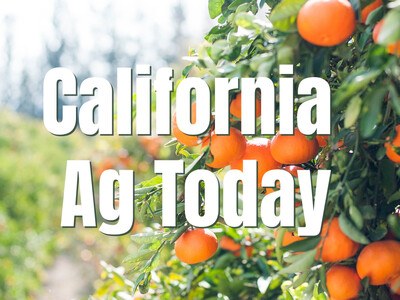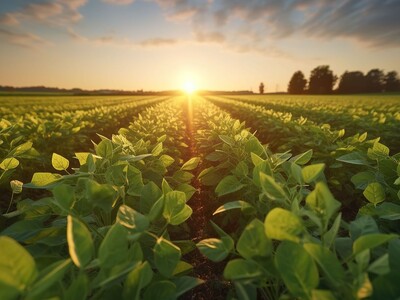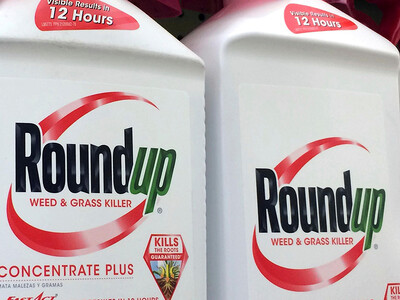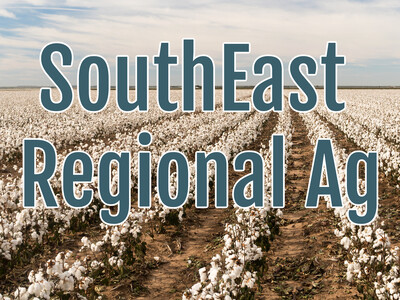1-19 FB Climate Change
Is it time to mandate ride sharing, backyard compost piles and no flow toilets yet? Well, according to some we're heading in that direction. Hi, I'm David Sparks, and while climate change may not yet have affected US agriculture directly, according to a recent study that appeared in Science magazine wheat and corn yields worldwide are down between 3 and 5 percent. But before you dump your Big Mac for a tower of tofu and sprouts, lets look at this all a little closer. As the planet warms, dire predictions of coastal flooding, inland droughts, ruined farmland, and global food shortages fill the news and research journals. But for all the talk of the future, scientists have little data on how climate change has already affected agriculture. A new study hopes to shed some light on this area.
David Lobell, an agricultural scientist at Stanford University and colleagues analyzed agricultural records of corn, rice, wheat, and soybeans from 1980 to 2008. Those four crops make up 75% of the calories consumed by the world's population. Worldwide, the authors report yields of corn and wheat declined by 3.8% and 5.5%, respectively, compared with what they would have been without global warming. Rice and soybean production remained the same .The most surprising finding, Lobell says, was how widely temperature trends varied by region and how dramatically they affected crop production. Rainfall, by contrast, seemed to contribute little to agricultural production trends. Although new technology and better farming practices have led to an overall increase in productivity, Lobell says, this increase isn't keeping pace with warming. As the group reports in the paper, a rise in temperature of 1°C tends to lower yields by 10% in countries that aren't at high latitudes.













